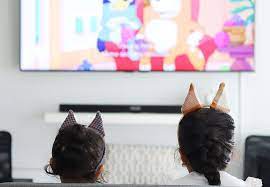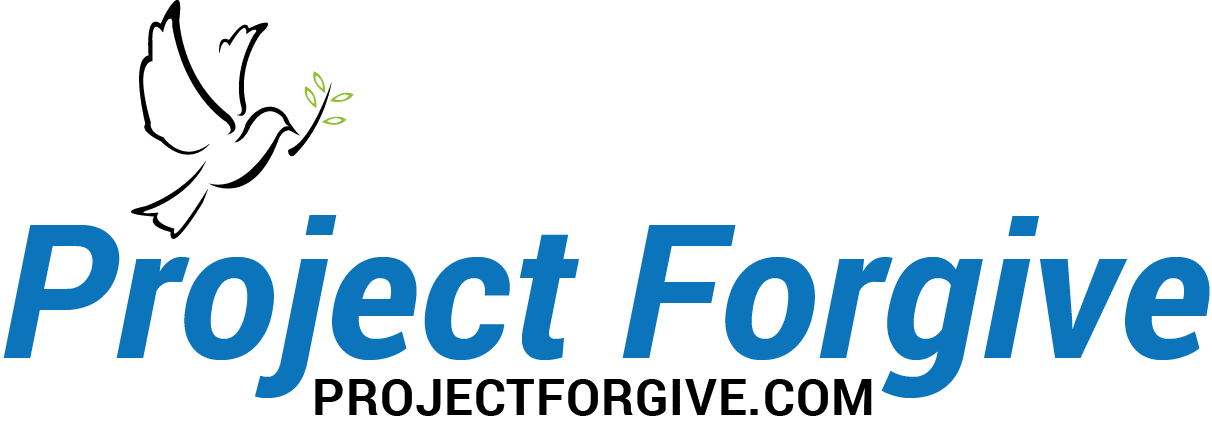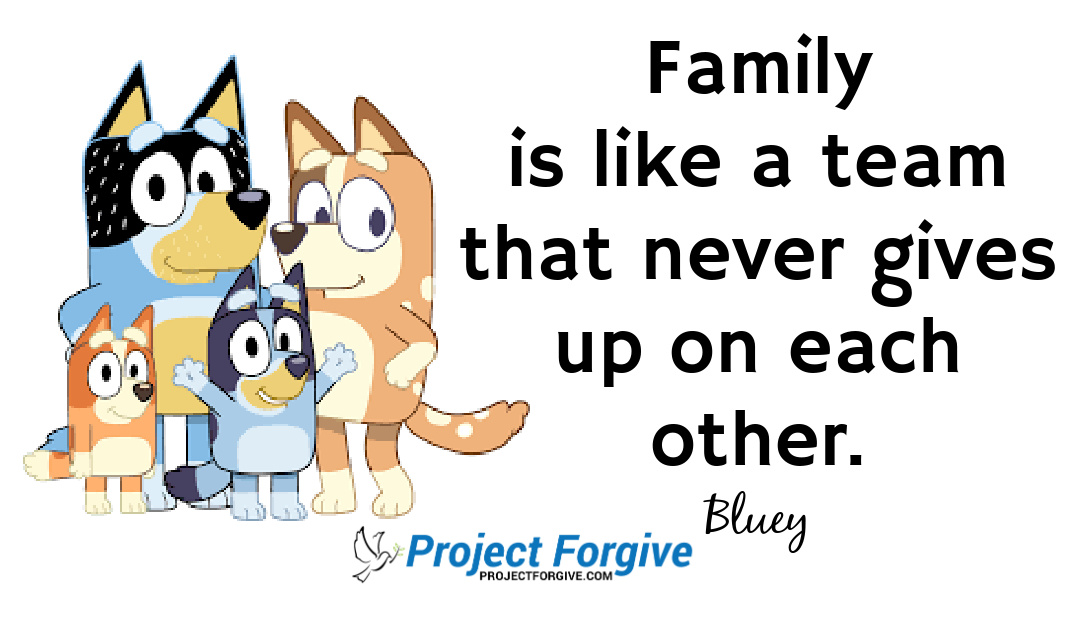If you have kids or grandkids, you’re pretty familiar with Bluey, Bingo, Mum and Dad.
This post about a specific Bluey is phenomenal. Created by The Occuplaytional Therapist on Facebook, we had to share this gem. Enjoy.
Muffin Cone
There’s an episode of Bluey called “Muffin Cone” (s2 e43). The girls’ little cousin, Muffin, who’s three years old, comes over to play at their house.
She won’t stop sucking her thumb, so her mom has resorted to making her wear a “cone of shame” (since they are all dogs, after all).
In the episode, Muffin’s mom laments the fact that she won’t just have the self-control to stop sucking her thumb…while, she herself, eats an entire bag of chips (i.e., demonstrating a lack of self-control!)
Straightforwardly, the episode is a tongue-in-cheek look at the way adults expect more self-control out of their children than they themselves have. It also makes a decent point specifically about relaxing expectations around thumb-sucking. The kid is only three, after all, and a human adult is going to have a hard time forcing their human kid to stop sucking on a part of their body that’s continually attached to them, given that putting a protective cone on another human’s neck is not seen as an appropriate intervention. (Not to mention that intervening in another person’s capacity to self-soothe is a recipe for disaster in general.)
There’s also a larger point here about adults’ expectations of kids’ maturity in general. (Bluey episodes are really great at packing layers and layers of deeper messaging into one cute silly eight minute episode!)

Because it’s not just self-control that adults expect kids to have more of than they themselves do…
It’s patience. (Child should wait patiently for me to respond anytime they ask for something. Meanwhile, if I ask a question, I expect a prompt response.)
It’s respect. (Child owes me deference. Meanwhile, I can laugh at things that are important to them, or ignore them, or talk about them like they’re not there.)
It’s self-regulation. (Child must not react in anger toward me or somebody. Meanwhile, if child pushes my buttons, I’m justified in yelling or punishing them.)
It’s self-control. (Child must restrain themselves from things they want to do. Meanwhile, I’m an adult so I can do what I want.)
It’s attention. (Child must not wiggle or move around while sitting in class all day. Meanwhile, no one would dare tell me that I can’t get up and go use the bathroom at work if I just need a brief brain break.)
It’s silence. (Child can’t talk in line while they walk somewhere at school, or in class if they have a question, or in the lunchroom…meanwhile, I can talk or text whenever I want.)
Heck, some parents even hit their kids because their kids hit somebody. Or yell at their kids for yelling. The list goes on and on and on. There are a thousand ways in which children are expected to live up to standards that adults are not expected to maintain.

And then, oftentimes, those children grow up and feel entitled to the respect as adults that they were missing as children…and out of a misplaced sense of figuring out how to obtain that respect, they simply reenact what they were taught on the kids that now they’re in charge of.
At the very, very least, shouldn’t we the adults ask ourselves “why” the rules are a certain way? And maybe, if it’s appropriate…maybe adjust them for future generations?
By: Kelsie, the Occuplaytional Therapist
If inspired, please share.
Related Articles:
Jumping off the Shame Train
If Your Baby Could Talk


